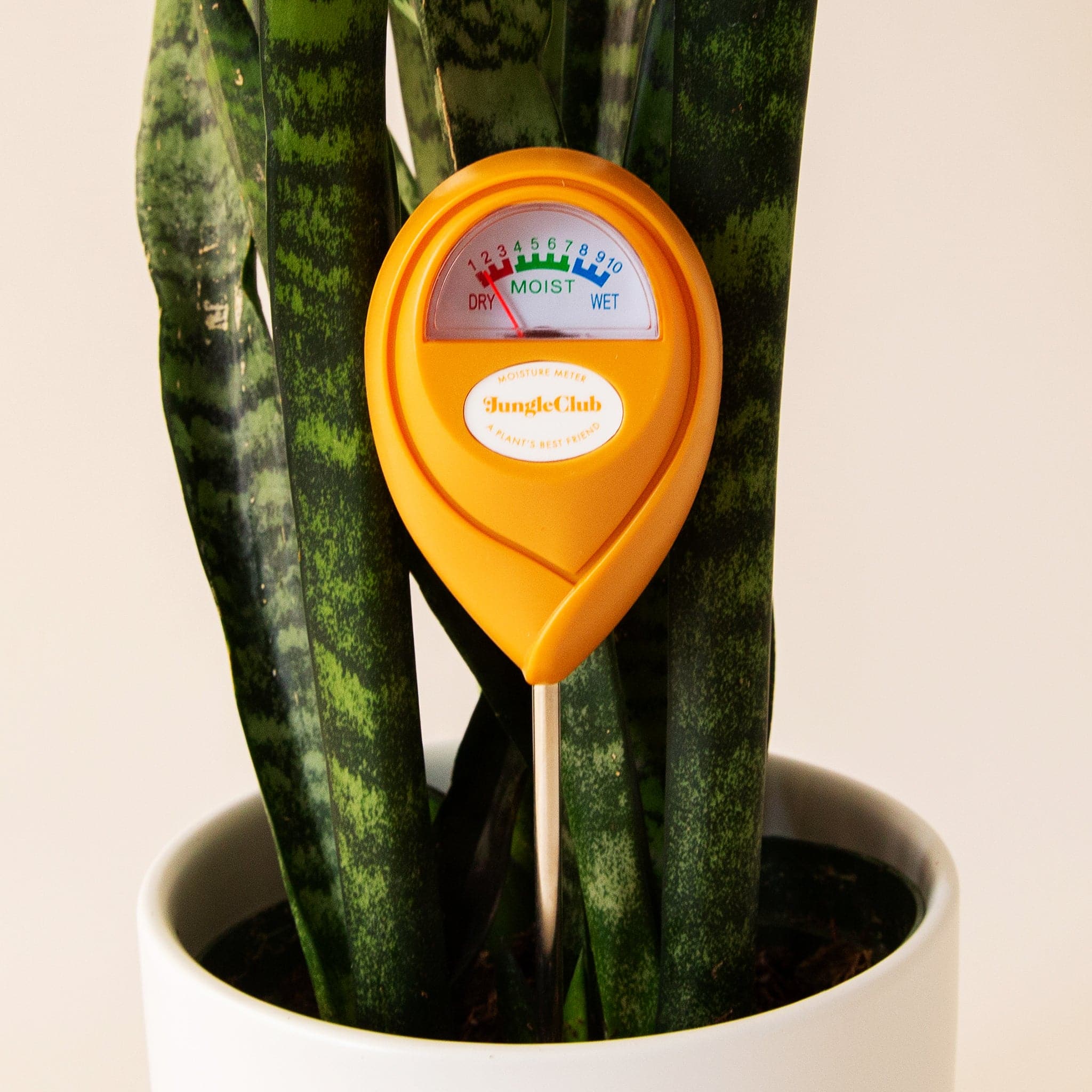Moisture Meter Purchasing Guide: What to Try to find in High-Quality Instruments
Moisture Meter Purchasing Guide: What to Try to find in High-Quality Instruments
Blog Article
The Ultimate Overview to Dampness Meters: A Comprehensive Summary and Exactly How They Can Save You Money
In the world of structure upkeep, building, and various industries, the significance of precisely determining dampness degrees can not be overemphasized. Dampness meters function as important devices in spotting and monitoring moisture content in materials, assisting in preventing costly problems and guaranteeing the quality of items. Recognizing the subtleties of different kinds of wetness meters, their applications, and the prospective cost-saving advantages they offer can be a game-changer for organizations and professionals alike. Discovering exactly how these devices can not only simplify procedures yet additionally add to economic savings is a journey worth embarking on.
Kinds of Moisture Meters
Numerous kinds of wetness meters are available for various applications in numerous sectors. One common type is the pin-type dampness meter, which gauges the electrical resistance in between 2 pins inserted into a material. This kind is appropriate for timber, drywall, and other building materials. Pinless wetness meters, on the other hand, use electro-magnetic sensing unit plates to scan a larger area without causing damage to the product's surface area. Moisture Meter. These meters are ideal for rapidly examining moisture levels in big areas such as floors and walls.

Infrared moisture meters measure the thermal homes of a material to determine its moisture content non-invasively, making them beneficial for applications where pin or pinless meters might not be suitable. Recognizing the various types of moisture meters available can help markets select the most appropriate tool for their certain wetness dimension needs.

Advantages of Using Wetness Meters
Moisture meters use very useful advantages in properly keeping an eye on and assessing wetness levels in varied materials and atmospheres (Moisture Meter). Among the main advantages of using wetness meters is the avoidance of prospective damages triggered by excess dampness. By identifying and addressing high moisture levels at an early stage, dampness meters aid to avoid mold and mildew development, rot, and structural damage in structures, conserving both money and time on repairs. In addition, moisture meters help in making certain the top quality of materials throughout construction or production procedures. By properly measuring dampness material, these devices help preserve the integrity of wood, drywall, concrete, and various other materials, lowering the threat of failures or defects.
Additionally, using dampness meters can lead to boosted energy performance. In farming setups, dampness meters play an essential role in optimizing plant returns by enabling farmers to check dirt moisture degrees and make educated watering choices.
How to Choose the Right Wetness Meter
When choosing a moisture meter, it's vital to ensure that the meter is appropriate for the particular product you will certainly be testing. Various materials have varying electric residential properties that can affect moisture readings, so choosing a meter created for your material is critical for exact outcomes. By meticulously assessing these variables, you can choose a wetness meter that fulfills your requirements and offers precise dampness dimensions for your projects.
Correct Methods for Wetness Meter Use

Expense Cost Savings With Wetness Meter Applications
How can the critical use of moisture meters lead to substantial expense savings throughout various sectors? In the agriculture sector, wetness meters help in figuring out the optimal time for collecting crops, protecting against over-drying or excess dampness that can affect the last product's top quality.
Likewise, in building and construction, moisture meters aid avoid pricey problems by finding moisture degrees in next page building materials, such as timber read this article or concrete, which can lead to architectural issues if not resolved quickly. By recognizing problem locations early on, service providers can take corrective procedures to avoid comprehensive fixings or replacements, eventually conserving money and time.
Additionally, in the food handling sector, moisture meters are necessary for monitoring product high quality and ensuring compliance with security laws. By accurately measuring wetness material in food items, manufacturers can avoid putridity, preserve quality, and lower waste, leading to considerable price financial savings. Generally, the strategic application of wetness meters is a beneficial investment that can lead to considerable expense reductions and enhanced performance throughout various markets.
Final Thought
In verdict, moisture meters are important devices for discovering and determining wetness levels in various products. By making use of the appropriate wetness meter and complying with appropriate techniques, users can effectively prevent pricey problems brought on by excess moisture. Investing in a top quality wetness meter can cause significant cost financial savings in the lengthy run by determining potential concerns early and allowing prompt removal. Eventually, moisture meters are crucial tools for maintaining the honesty and long life of structures and products.
Moisture meters offer as essential tools in finding and keeping track of moisture web content in materials, helping in preventing expensive problems and making sure the top quality of items. Infrared dampness meters measure the thermal properties of a material to identify its dampness content non-invasively, making them beneficial for applications where pin or pinless meters might not be suitable.Wetness meters supply indispensable benefits in accurately keeping track of and examining moisture levels in varied products and environments. In agricultural setups, dampness meters play an essential read here function in enhancing plant returns by enabling farmers to keep track of dirt wetness degrees and make educated irrigation decisions.In conclusion, wetness meters are useful devices for measuring and finding dampness levels in various materials.
Report this page